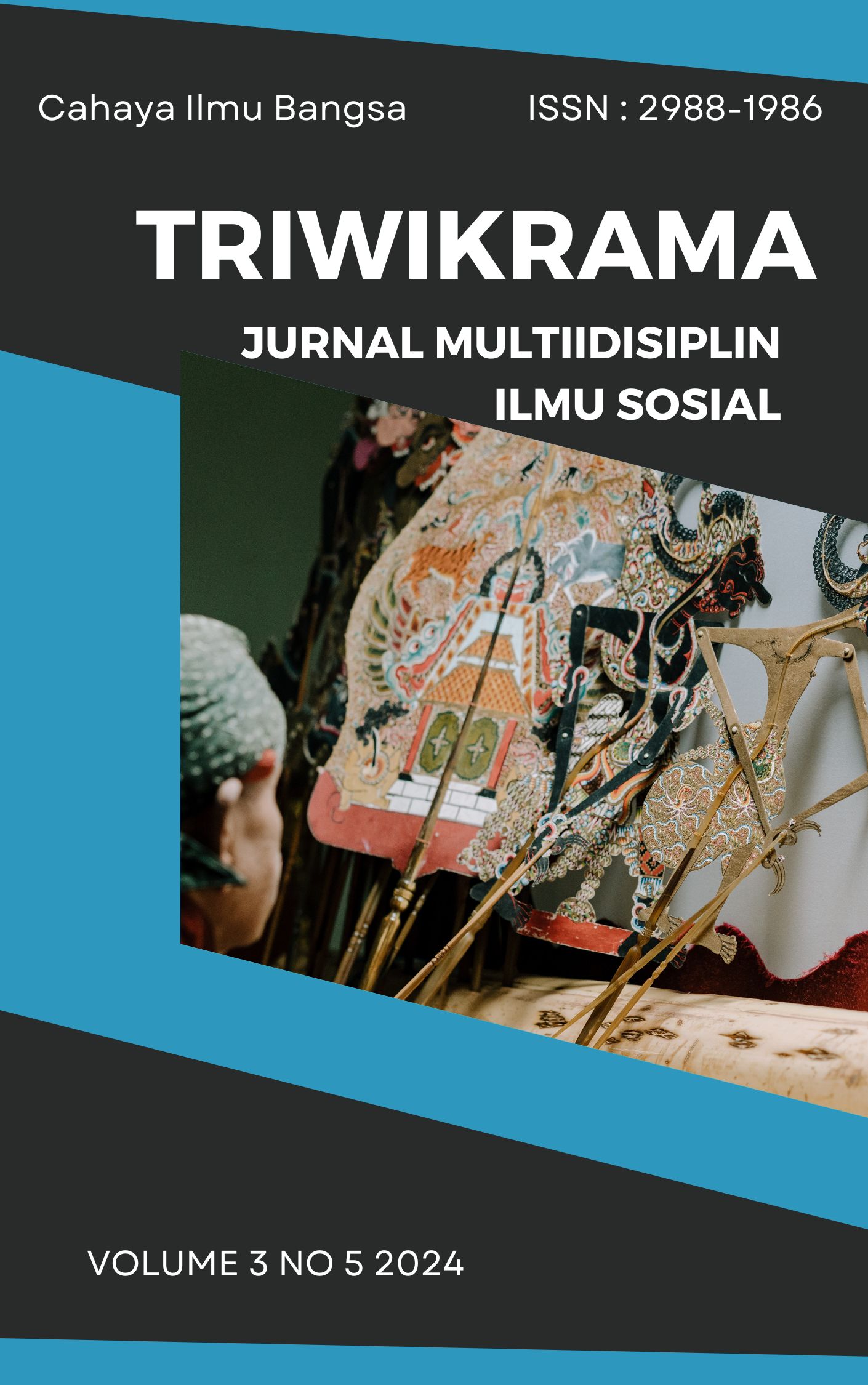Kolaborasi Konselor Adiksi dan Pekerja Sosial dalam Rehabilitasi Berbasis Psikososial di Yayasan Titian Harapan Indonesia
Main Article Content
Abstract
The increasing prevalence of drug abuse (NAPZA) in Indonesia, particularly in North Sumatra, underscores the need for a holistic and collaborative rehabilitation approach. This article aims to analyze the collaborative practices between addiction counselors and social workers in the rehabilitation process at Titian Harapan Indonesia Foundation, a psychosocial-based rehabilitation institution. This study employed a descriptive qualitative method, with data collected through in-depth interviews with addiction counselors. The findings reveal that interprofessional collaboration occurs at every stage of rehabilitation from screening and assessment to intervention and aftercare. Addiction counselors focus on the psychological aspects of the residents, while social workers address social issues, including family support and social reintegration. The collaboration is grounded in the biopsychosocial model and interprofessional collaboration principles. This integrative approach enhances the effectiveness of rehabilitation services and reduces the risk of relapse. The results affirm that structured interprofessional collaboration is a key strategy for sustainable and comprehensive drug rehabilitation services.
Password: Collaboration, Counselor, Social Worker, Drugs, Rehabilitation
Downloads
Article Details
Section

This work is licensed under a Creative Commons Attribution-NonCommercial-ShareAlike 4.0 International License.
